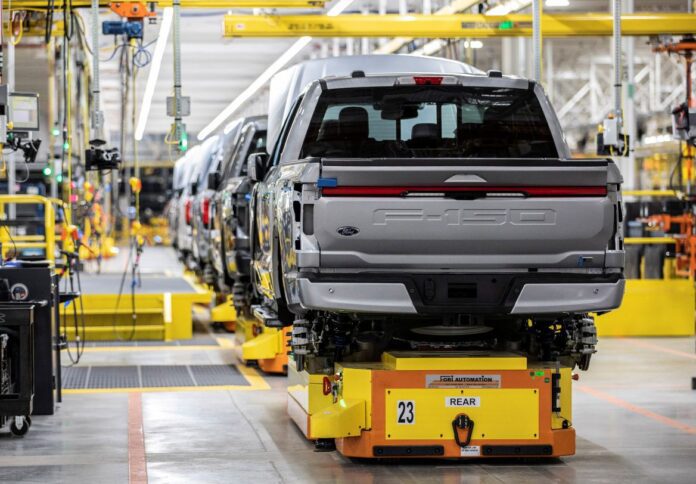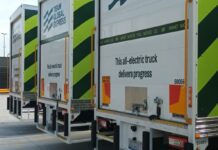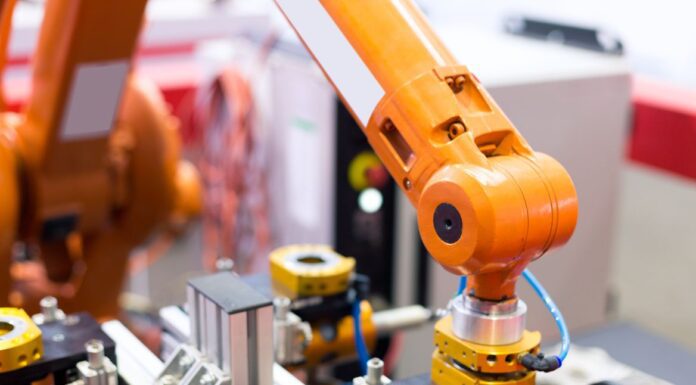
Ford Motor has selected Rockwell Automation as its vehicle operations primary controls and solutions provider for the next three electric vehicle (EV) assembly sites in the United States.
The companies will work closely on assembly tooling designs and architecture, which is expected to help machine builders meet production customer demands and on-time successful launches.
“We are strengthening the commitment to build world-class electric vehicles for the future and fortifying the relationship between Rockwell and Ford that has been in place for more than 75 years,” said Blake Moret, chairman and chief executive officer of Rockwell Automation.
“We look forward to working closely with Ford and its ecosystem over the next several years to accelerate business outcomes and advance the company’s position as a global leader in the electric vehicle market,” Moret added.
Jane Barr, vice president for global industry accounts at Rockwell, said the company’s open-system approach is designed to ensure electric vehicle production aligns with the latest industry standards, regulations, and customer expectations.
“We’re honoured to be a part of Ford’s journey to accelerate the rollout of EVs to customers,” Barr said.
A report from the Australian Electric Vehicle Council has revealed that while EV adoption is significantly low compared to other countries, EV sales have seen a 65 per cent rise compared to 2021’s results.
The partnership with Ford comes at the heels of a recent Australian contract win with Latrobe Magnesium, where Rockwell was tapped to deliver Process Control System and Motor Control Centres for the new demonstration plant located in Hazelwood North, Victoria.
Latrobe Magnesium has come up with an environmentally friendly, sustainable process to manufacture magnesium metal and other valuable saleable by-products. The company’s proprietary process converts nearly 100 per cent of unwanted waste into valuable commodities with a very low carbon footprint impact.

















